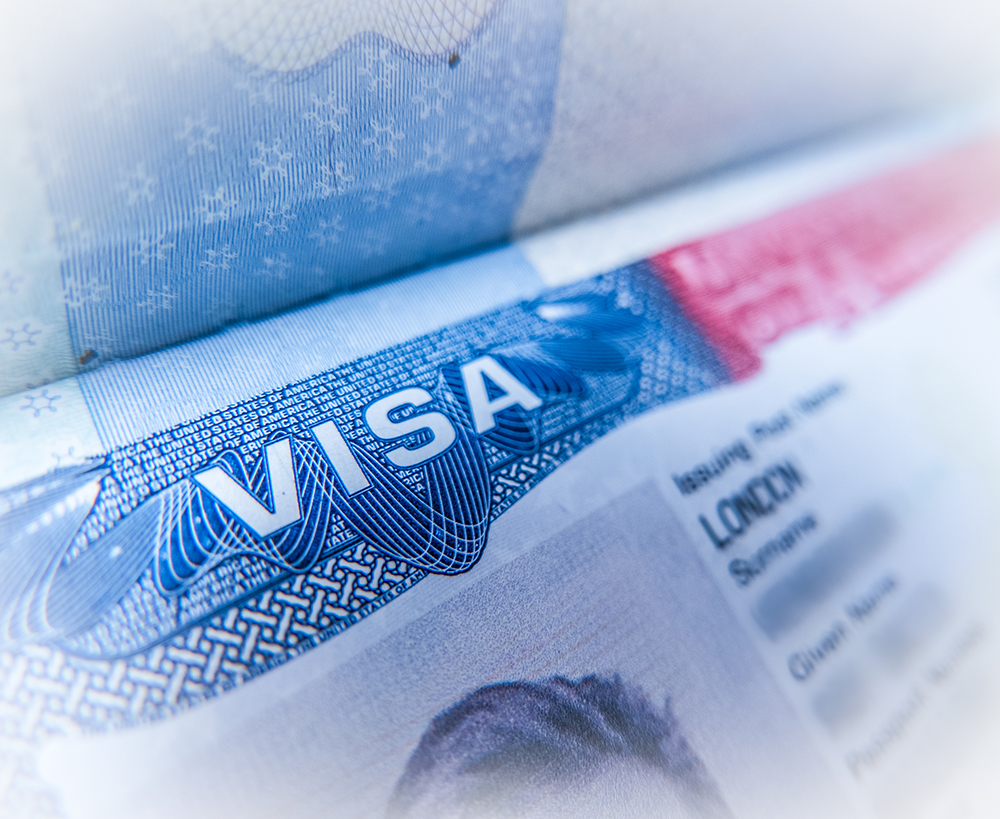President Donald Trump signed an executive order late Monday, June 22, suspending admission of certain temporary workers to the U.S. After weeks of speculation that the Order might entail massive changes to America’s temporary worker programs, the actual Order, although broad, was narrower than anticipated.
The Order first extends the limited suspension of green cards, originally announced on April 22, 2020, through December 31, 2020. By virtue of its mechanics, the April 22 Order primarily targets families and prevents them from immigrating to the U.S. at this time.
Second, the June 22 Order suspends through December 31, 2020 any admission to the U.S. of persons seeking entry under an H-1B, H-2B, L-1 or J-1 visa. The Order only applies to persons who (i) are outside the U.S. as of the effective date of the Order – 12:01 a.m. EDT on June 24, 2020; (ii) do not have a valid nonimmigrant visa as of the effective date of the Order; and (iii) do not have another valid travel document, such as an advance parole travel card, as of the effective date of the Order.
The Order does not impact anyone currently in the U.S. from getting an extension of status, or from traveling, applying for a new visa (if necessary) and reentering (although international travel remains inadvisable at this time due to the ongoing pandemic, COVID-19-related travel restrictions, U.S. consular closures, and potential for confusion with U.S. Customs personnel implementing the June 22 Order).
The key to understanding the Order’s impact is the distinction between a nonimmigrant visa and nonimmigrant status. A visa is essentially a ticket to seek admission to the U.S. from abroad, whereas nonimmigrant status is the classification a foreign national holds once they arrive in the U.S. Persons currently in the U.S. with H-1B, H-2B, L-1 or J-1 status may continue to hold that status, remain here and work, and seek extensions of that status if otherwise eligible. Only those outside of the U.S. with no currently valid visa are impacted by the Order – although this may include not only new workers U.S. companies had sponsored out of a need for critical skills, but also persons stranded abroad when COVID-19 struck and caused the U.S. consulates to shut down in March 2020.
What classes are impacted?
H-1B visas: Companies can sponsor H-1B employees for positions that require knowledge equivalent to a bachelor’s degree in a specific field or fields. While these visas are heavily utilized by tech companies to expand the available pool of software developer talent in the U.S. (lack of access to which has been previously reported as a growing concern among U.S. businesses), a wide variety of jobs qualify for H-1B positions. This classification is limited by law to only 85,000 new H-1B visas per year.
H-2B visas: for non-agricultural temporary/seasonal unskilled labor. Most frequently these visas are used to staff seasonal resorts, hotels, landscaping companies, and golf clubs. The president had previously increased the available number of H-2B visas on multiple occasions during his first term, so this represents a departure from the administration’s prior actions.
L-1 visas: for multinational companies to transfer key executive, management, and uniquely skilled personnel from the company’s operations abroad to a related U.S. company. These visas allow foreign companies to utilize in-house talent and management when investing in operations in the U.S., and an extended moratorium could chill foreign investment.
J-1 visas: used for a variety of temporary exchange visitor categories, most prominently foreign physician trainees, as well as camp counselors, au pairs, visiting professors, and others.
What classes were not impacted?
Most notable among the classes excluded from the Order include TN NAFTA professionals. These are Mexican and Canadian professionals who enjoy streamlined access to work visas under NAFTA, F-1 foreign university students, and E-1/E-2 treaty visa workers.
U.S. business groups are expected to bring legal challenges to the June 22 Order. This is a developing story, and the Frost Brown Todd Immigration Group is closely monitoring the situation. If you have any questions relating to the Executive Order, please Matthew O. Wagner, Katie Collier, Alicia Visse-Kroger, or any attorney in Frost Brown Todd’s Immigration practice group.

